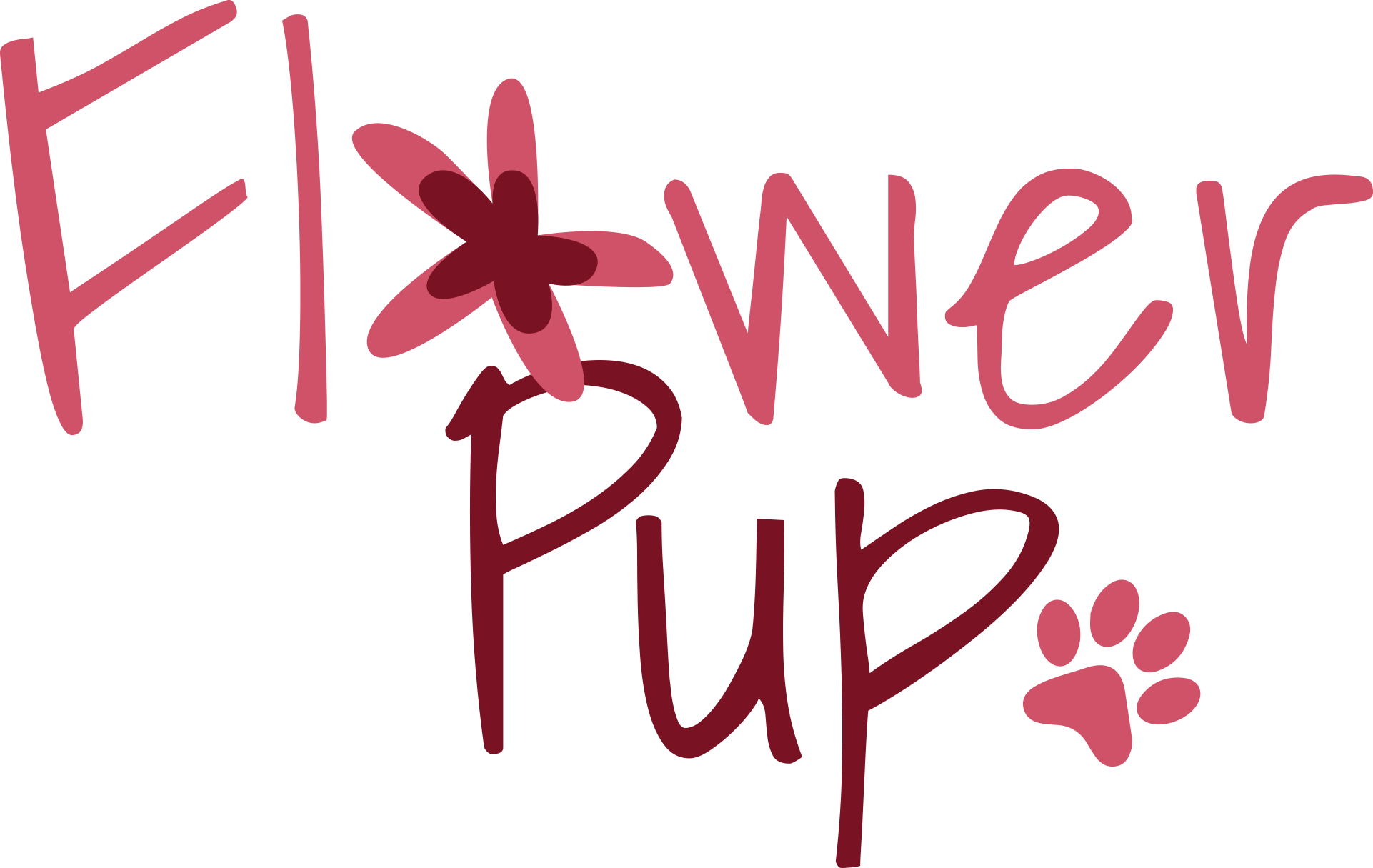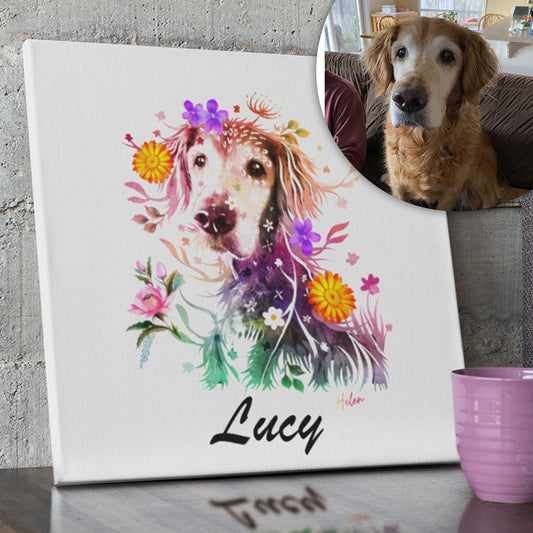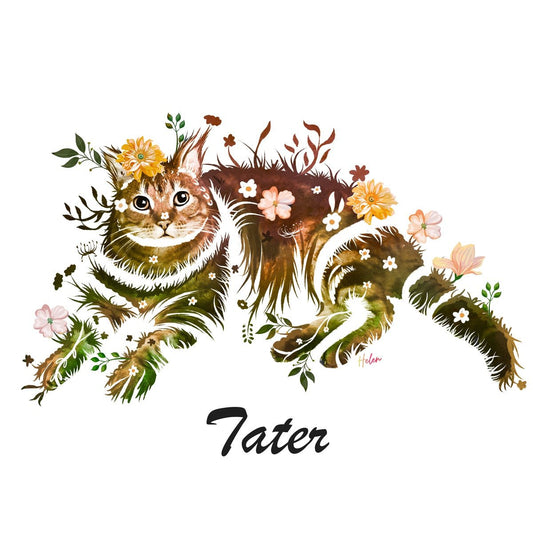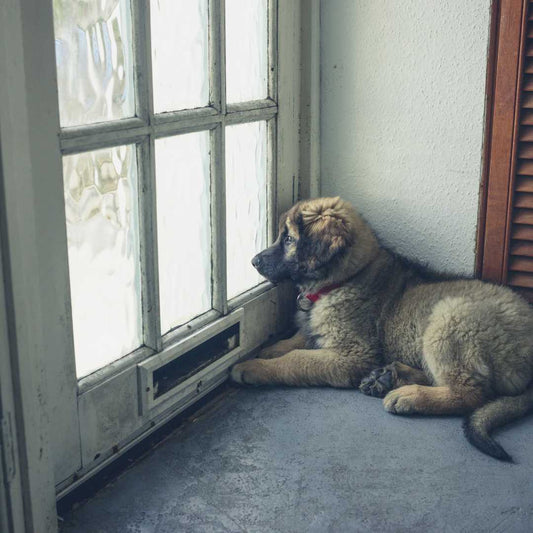Introduction:
When I lost my dog, I felt like a part of my heart had shattered. If you’re here because your beloved dog has passed, please know that I understand your pain.
Our pets are more than animals—they are family, companions, and unwavering sources of love.
In this moment of grief, you might feel lost, but there are ways to honor your dog’s memory and begin healing. Let’s walk through this together.
Navigating the Pain of Losing a Dog
Allow Yourself to Grieve
Grieving the loss of a pet is natural and necessary. Your feelings are valid, and you should take time to process them:
-
Cry if you need to. Tears are a release for your pain.
-
Talk to someone who understands, whether it’s a friend, family member, or support group.
-
Journal your thoughts and memories to preserve the bond you shared.
When my dog, Max, passed away, I found comfort in sharing his story with a close friend. I realized that acknowledging the depth of my love for him helped me heal.
Honoring Your Dog’s Memory
One way to cope with loss is by creating a meaningful tribute to your dog:
-
Plant a tree or flowers in their memory.
-
Create a photo album or scrapbook of your favorite moments together.
-
Light a candle and say a prayer, thanking God for the joy your pet brought into your life.
I planted daisies in Max’s favorite spot in the yard. Every time they bloom, I feel his presence in my heart.
Dealing with Practical Matters
Losing a pet also comes with practical decisions that can feel overwhelming in your grief:
-
Contact your veterinarian or a pet cremation service to handle arrangements respectfully.
-
Consider burying your pet in a special place or keeping their ashes in an urn.
-
If you’re unsure of what to do, ask a trusted friend to help you with these tasks.
Finding Comfort and Healing
Leaning on Faith
In moments of loss, faith can provide solace:
-
Pray for comfort and guidance during this time of grief.
-
Remember Psalm 34:18: "The Lord is close to the brokenhearted and saves those who are crushed in spirit."
-
Reflect on the love your dog gave you as a gift from God.
When Max passed, I prayed daily, asking God to help me find peace. Over time, I felt a sense of gratitude for the years we shared.
Connecting with Others Who Understand
Talking to others who have experienced similar loss can be incredibly healing:
-
Join a pet loss support group online or in your community.
-
Share your story with friends who have pets; they’ll likely understand your pain.
-
Write about your dog on social media or in a blog post to celebrate their life and invite support.
Moving Forward Without Forgetting
Healing doesn’t mean forgetting. Instead, it’s about carrying the love you shared into the future:
-
Adopt new routines to fill the gaps left by your pet.
-
Consider volunteering at an animal shelter or fostering pets in need.
-
When the time feels right, you might even open your heart to another pet.
FAQs About Coping With the Loss of a Dog
"Is it normal to feel this heartbroken?" Yes, losing a dog is a profound loss. It’s okay to grieve deeply; it shows how much you loved them.
"How do I know when it’s time to get another dog?" There’s no right time—it’s a personal decision. Wait until you feel ready to honor a new pet without comparing them to the one you lost.
"What can I do to remember my dog?" Create a memorial, share their story, or keep a special item, like their collar or favorite toy, in a meaningful place.
Conclusion:
Losing a dog is one of the hardest things a pet owner can face, but you are not alone in your grief.
Take time to mourn, honor your pet’s memory, and seek comfort in your faith and community.
Remember, the love you shared with your dog is eternal, a bond that will always remain in your heart.
As you navigate this journey, may you find peace and healing, one day at a time.





